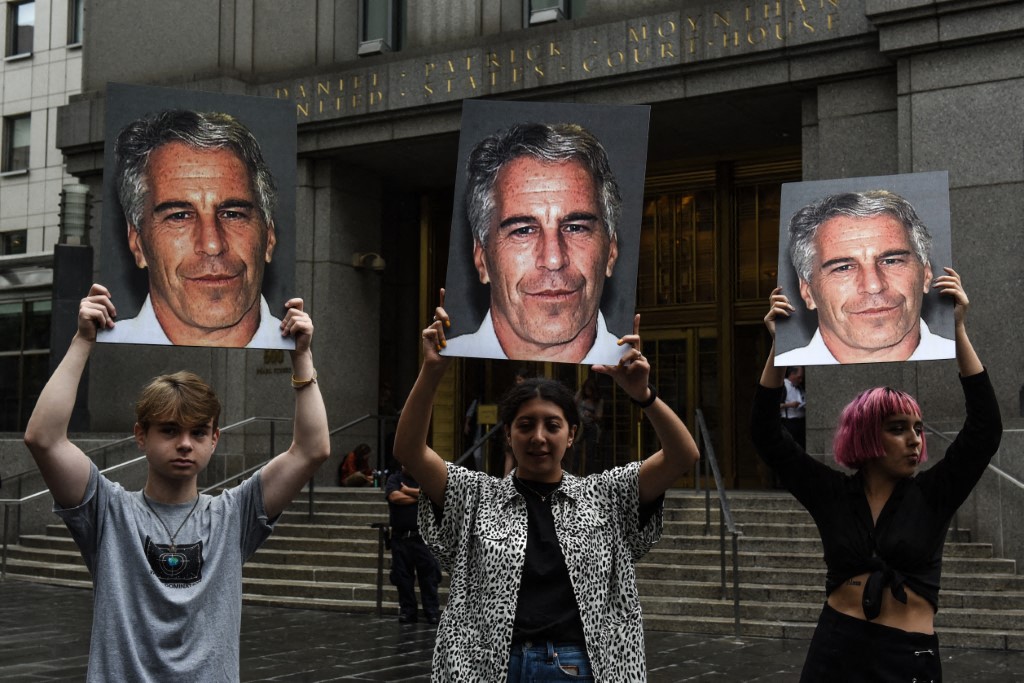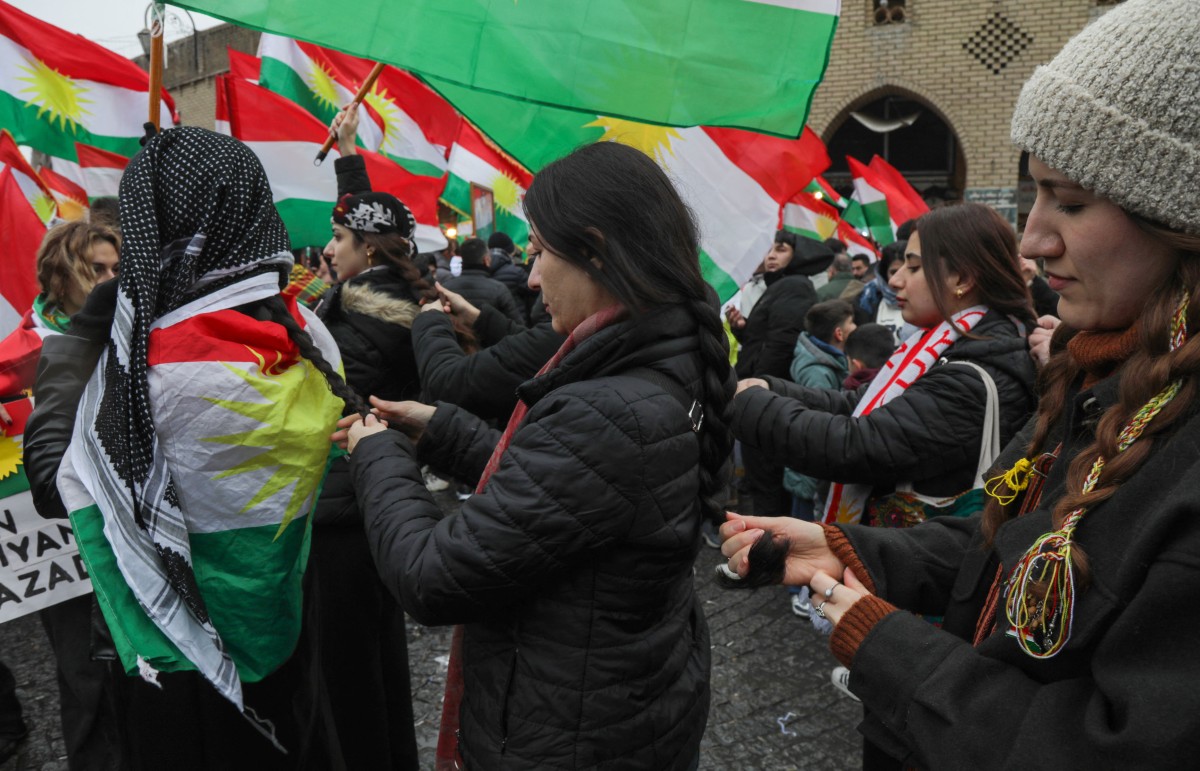Turkey’s Largest E-commerce Platforms Face Backlash over T-shirts Mocking 1990s Disappearances
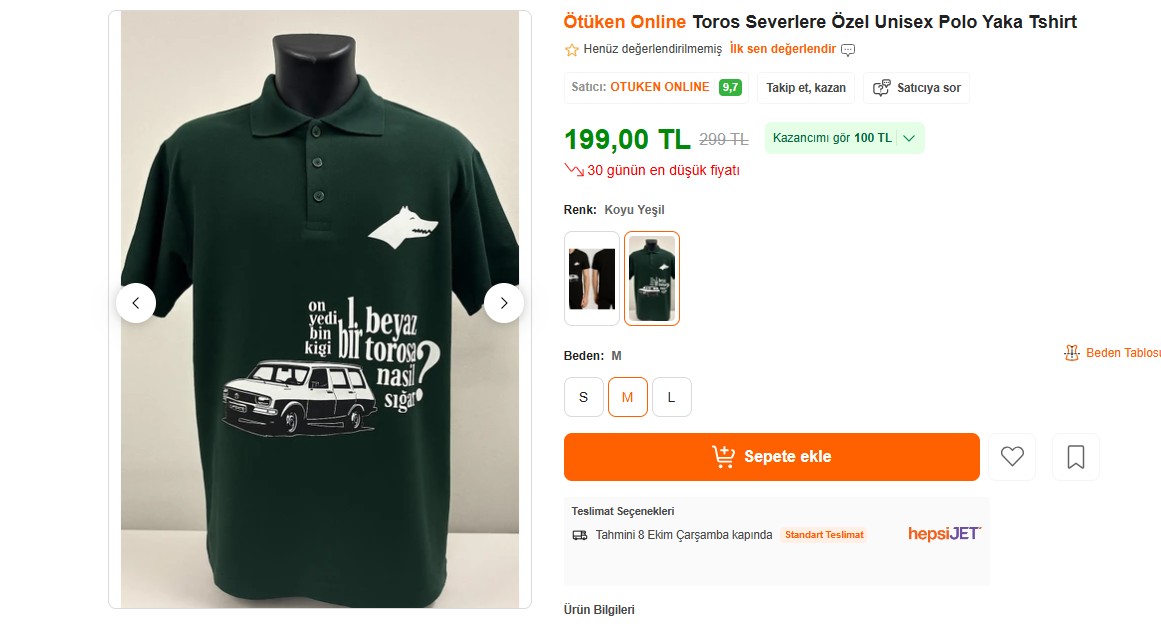
The online listing of the ‘Beyaz Toros’ t-Shirt | Picture Credits: Twitter Account of Mahmut Bozarslan
Turkey’s two largest e-commerce platforms, Trendyol and Hepsi Burada, are facing backlash after listing t-shirts that mock the enforced disappearances of Kurdish civilians and leftist activists during the country’s notorious ‘dirty war’ in the 1990s.
The t-shirts feature imagery of the “Beyaz Toros” (White Toros), a Renault brand station wagon. It was manufactured in Turkey from the 1970s to the 1990s by Oyak-Renault, a joint venture between Renault and the Turkish Armed Forces Pension Fund (OYAK). The white model became infamous for its association with state-linked abductions and extrajudicial killings during the 1990s, targeting Kurdish civilians and leftist activists. Many of those taken were never seen again or were later discovered in unmarked graves. These enforced disappearances led to the formation of Turkey’s Saturday Mothers (Cumartesi Anneleri), a group of families campaigning for the truth about and justice for their loved ones abducted by security forces.
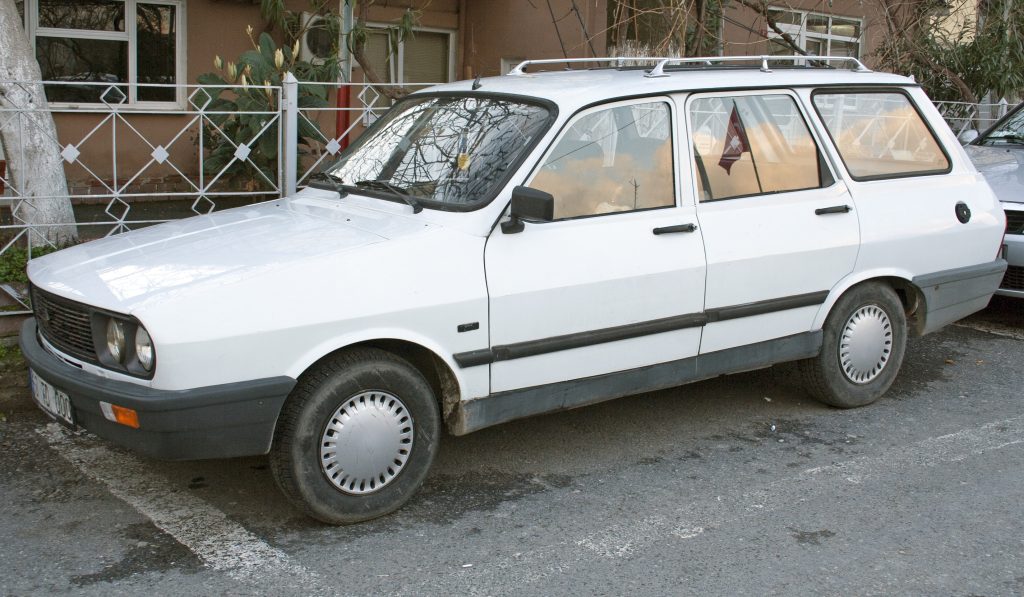
The t-shirts, sold by a vendor called Ötüken Online, a far-right nationalist brand named after the symbolic Turkish site Ötüken, also featured the mocking slogan, “How can 17,000 people fit into one Toros?” The number refers to the estimated 17,000 people who were forcibly disappeared or killed in politically motivated, unsolved murders.
Backlash from rights groups and politicians
“The White Toros is a symbol of enforced disappearances, unsolved murders and state violence – it cannot be commercialized”
Survivors, families, and human rights defenders condemned the two platforms for listing products that reclaim and glorify a widely recognized symbol of crimes against humanity. “The White Toros is a symbol of enforced disappearances, unsolved murders and state violence – it cannot be commercialized,” said a statement from the Human Rights Association (İHD), Turkey’s leading human rights organization. “Selling such products trivializes the suffering of thousands, legitimizes crimes against humanity, and damages collective memory. … Trendyol and the manufacturer must remove the product immediately, apologize to the victims’ families, and ensure effective oversight to prevent similar abuses.”
Eren Keskin, prominent human rights lawyer and İHD co-chair, wrote on social media: “You are complicit in a crime, Trendyol.”
Hüseyin Çelik, former minister from the ruling Justice and Development Party (AKP), tweeted:
“’White Toros’ is a symbol in this country’s memory of unsolved murders and disappearances. Turning such a symbol into a commercial product is incompatible with conscience, law or a sense of justice. Profiting from human suffering adds salt to a societal wound. Justice does not remain silent, conscience does not forget. This disrespect must not go unpunished.”
The Saturday Mothers condemned the t-shirts, calling them a legitimization of crimes against humanity:
“The ‘Beyaz Toros’ is a symbol of our loved ones lost in enforced disappearances, unsolved murders, and state violence. Printing this symbol on t-shirts and selling them on Trendyol under the title ‘To Toros lovers’ legitimizes crimes against humanity, glorifies the perpetrator, and praises the crime. A symbol of a crime against humanity cannot be made a subject of commerce or marketed. This product must be immediately removed from sale; legal action must be initiated against Trendyol and the producing company.”
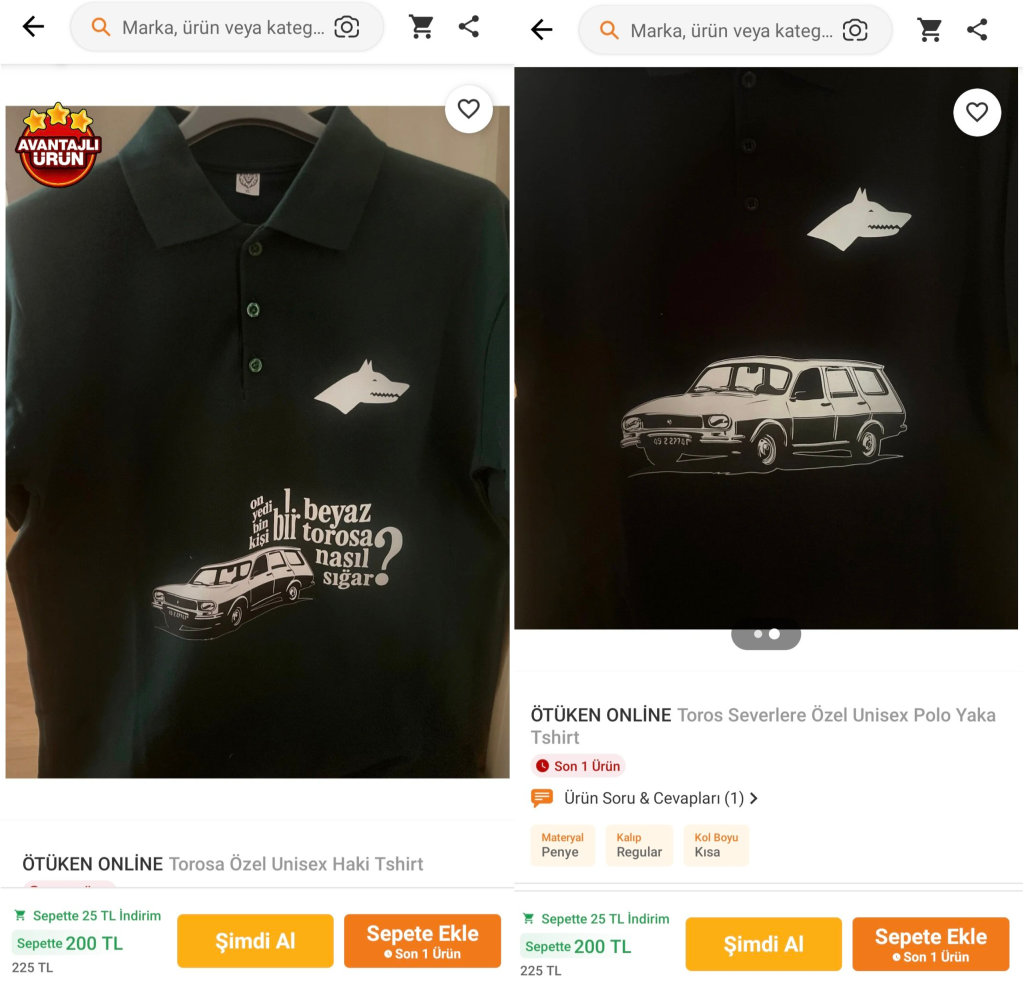
The Wan Bar Association filed a formal complaint against Trendyol and the manufacturer, citing violations of “glorifying crime and perpetrators,” “inciting hatred and discrimination,” and “provoking hostility or humiliation among the public.”
A pattern of nationalist glorification of state crimes for intimidation
This is not the first time the White Toros has been publicly displayed in a provocative or celebratory way.
This is not the first time the White Toros has been publicly displayed in a provocative or celebratory way. In March 2023, during a football match between Bursaspor, a team with a heavily nationalist fan base, and Amedspor, representing the Kurdish-majority city of Amed (Diyarbakır), Bursaspor fans displayed banners featuring white Toros cars and Mahmut Yıldırım, a notorious JİTEM operative known by his codename “Yeşil,” who is widely believed to have been involved in extrajudicial killings during the 1990s.
Following the latest incident, calls for a boycott have spread, with rights groups and politicians urging users to stop shopping on Trendyol and Hepsiburada. Pro-Kurdish MP Meral Danış Beştaş wrote, “Your call for a boycott is for everyone who respects human dignity. We call on prosecutors to act against those who legitimize murders and to fulfill their real duty,” adding the hashtag #FailiMeçhullerinPazarıOlamaz (There can be no market for the disappeared). No official statement has been issued by either platform. However, the Trendyol product page now appears to be removed, displaying a ‘Page Not Found’ message, while the product vendor, Ötüken Online, is no longer listed on Hepsi Burada.
Serap Gunes
Serap Güneş is a freelance translator and writer based in Istanbul. She holds a PhD in International Relations and European Politics from Masaryk University, where her research focused on minority rights and EU–Turkey relations. Her work has appeared in both academic journals and independent media outlets.

